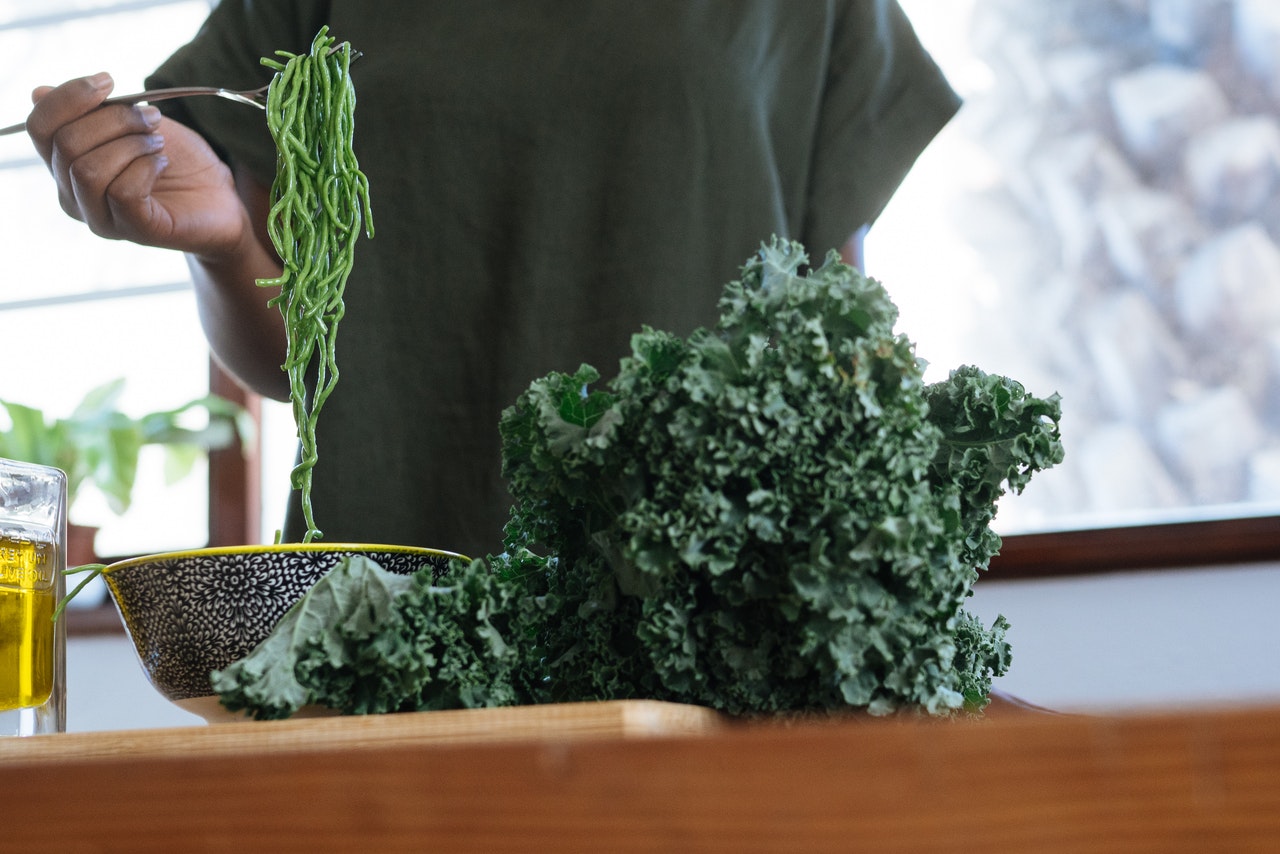As we grow older, our body's changing metabolism demands a different level of care. The body's metabolism slows around 1 to 2 percent per decade starting at age 20. Our hormone levels decline. We naturally lose muscle mass and bone density. All these factors can make it harder to be and stay as active as we once were.
Further, women over 40 are at increased risk of developing:
- Heart disease
- Hypertension
- Stroke
- Diabetes
- Breast cancer
These and other illnesses carry a higher mortality rate for Black women, as we experience correlated risk factors like obesity, poverty, and unequal healthcare access at higher rates.
So as you turn 40, take a hard look at your lifestyle, and prepare to make some adjustments. Cultivate these ten habits to lead a longer, healthy, and fulfilling life.
Lose Weight
For many illnesses with high mortality rates, obesity is a risk factor. Lose weight by gradually adding healthier foods to the mix each week and shedding bad ones. Making changes slowly over time can help ensure they stick.
Exercise
A surefire way to jumpstart your metabolism and lose weight, a regular exercise routine is crucial to your longevity. Incorporate weight lifting to preserve your existing muscle mass and even build new muscle.
Eat Breakfast
Starting your morning with a complete breakfast cannot only jumpstart your metabolism, but it can also keep you from making poor food choices out of hunger later in the day. Skipping breakfast can also exacerbate pre-existing conditions, like low blood sugar or diabetes.
Eat Protein
Incorporate more lean animal and vegetable proteins in your diet to help build muscle to offset your naturally declining muscle mass. You will also be less hungry throughout the day, making it easier to resist snacking and putting on pounds.
Get Enough Calcium and Vitamin D
Older women are at greater risk of developing osteoporosis and osteoarthritis — two bone loss-related conditions that significantly limit mobility. Strength training will help you build strong muscles and strengthen your bones. A consistent calcium intake of 1,000 mg a day is crucial, as is 600 mg of Vitamin D, which will help you keep your bones healthy and reduce your risk of illness.
Limit Junk Food
Limit your intake of salty and sugary snacks, and avoid fried foods and red meat. As you gradually substitute more fruits, vegetables, whole grains, fish, and lean meat, you'll notice your appetite for junk food diminish.
Reduce or Eliminate Alcohol Consumption
As you age, you metabolize alcohol more slowly. Its lingering byproducts can put you at increased risk of heart disease, hypertension, stroke, liver disease, and cancer. So cut back on how much you drink, or quit altogether.
Quit Smoking
Smoking's risks are well-documented, including increased risk of many potentially fatal conditions. If you struggle to quit, don't be ashamed to seek help. There are many resources available to help you kick the habit.
Schedule Regular Checkups
Scheduling annual physicals is key to making sure you're in the best health you can be. Your physician can also incorporate blood sugar screenings, mammograms, and other vital tests for women in their forties.
Sleep Regularly
A lack of regular sleep imbalances our hormones so that we crave sugary and starchy foods and have difficulty realizing when we've eaten enough. Plus, there's evidence that a lack of deep sleep is a significant risk factor for Alzheimer's and other diseases. Make time to get enough sleep, and turn off screens at least an hour before bedtime.
As we grow older, our bodies require that we put more time and effort into our health. And while we may need to change aspects of our lifestyle, the reward of a longer, more independent life is well worth it.
